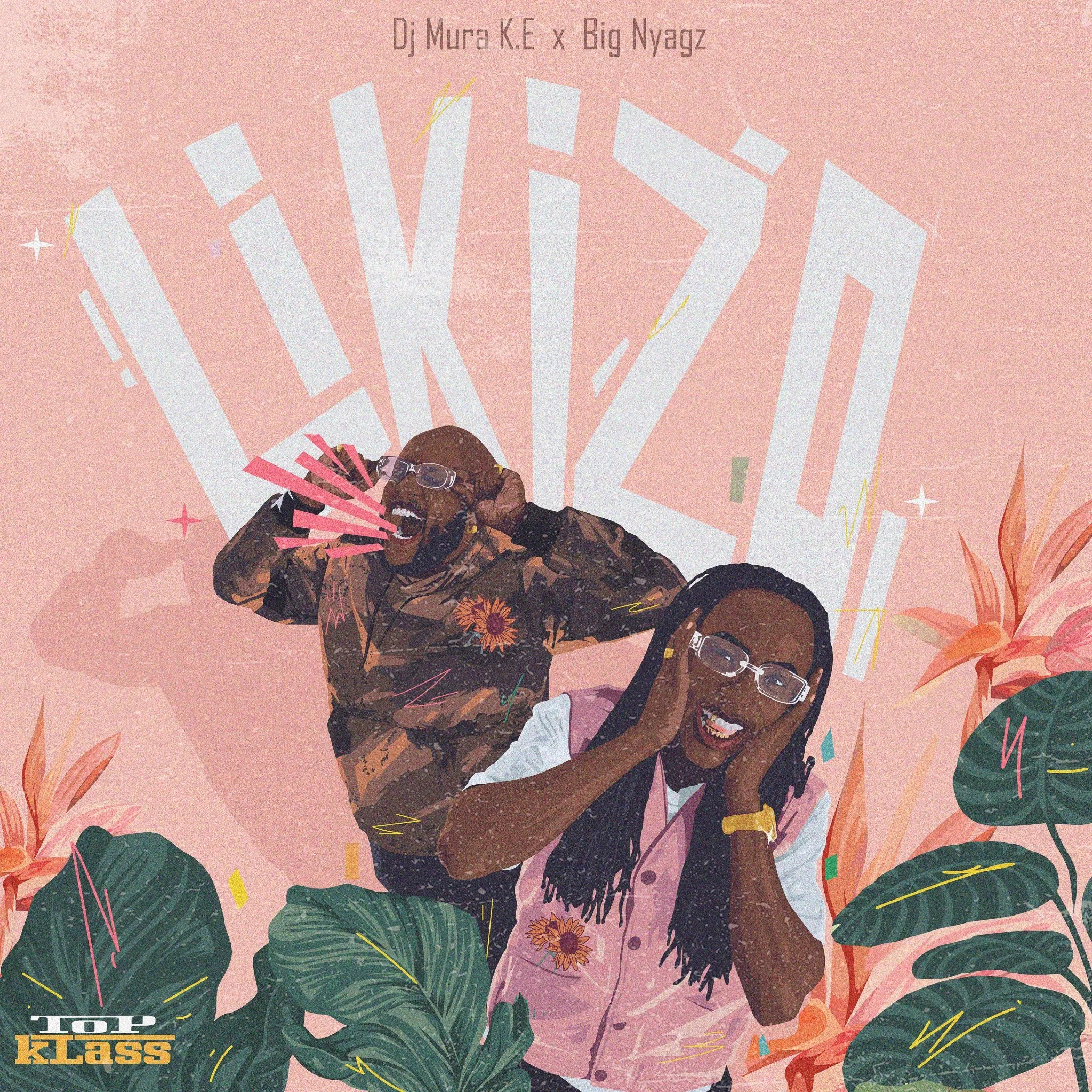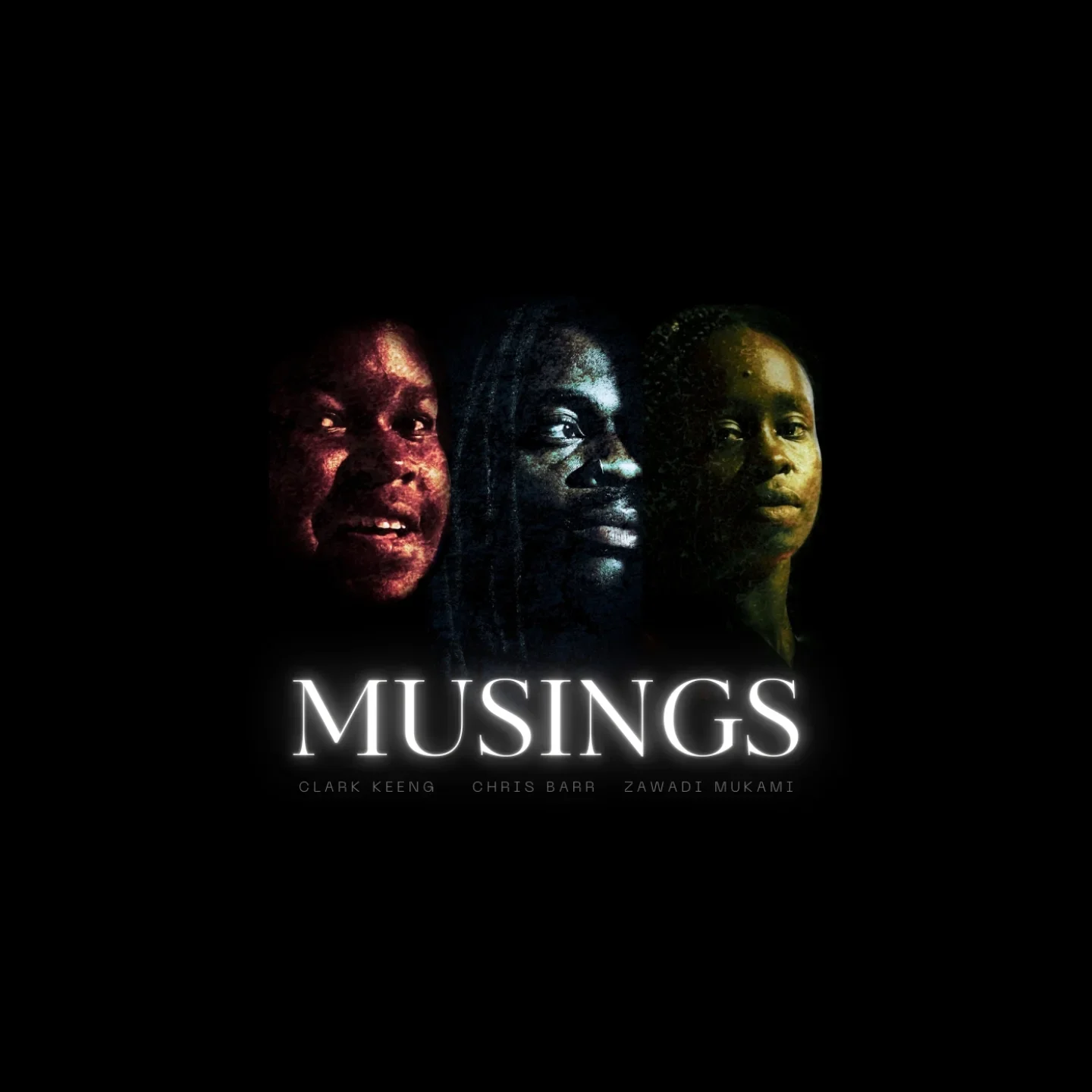Likizo: A Soundtrack For Escape And Return
Likizo, the latest 7-track project from DJ Mura K.E and Big Nyagz lives up to its name in every sense. Translating to holiday in Swahili, it is a sonic gateway built on the pulse of afrohouse and amapiano. Between breezy grooves, hypnotic rhythms, and soulful moments of reflection, the project is as suited for the dancefloor as it is for quiet stillness. Likizo is also unmistakably African in its spirit, blending the propulsive rhythms and textures of West African soundscapes with the melodic fluidity of East African expression. The result is a body of work that feels expansive and transcendent in emphasis of how rhythm and melody can carry us beyond place and time.
The project aptly opens with its title track, Likizo. Gentle keys spill in first, setting a soft, sun-lit foundation before the percussion comes in with measured ease. Liboi’s vocals arrive calm and steady, painting scenes of sun, sand, and ocean breeze. There’s a warmth that runs through the song; in her delivery, in the production, in the way it all moves without urgency. Likizo does a formidable job of coaxing one into stillness, asking you to slow down, to notice, to be present. As an entry point, it is both grounding and transportive, the perfect invitation into the world DJ Mura K.E and Big Nyagz are shaping.
If the opener was about easing into calm, Tucheze flips the mood and heads straight for the dance-floor. The title, Swahili for let’s dance, says it all. Powered by insistent drums and bright synths, the track builds around a simple, hooky chorus that sticks after the first listen. There’s nothing over-complicated here, and that’s the point. It’s direct, unpretentious, and engineered for movement. Udulele’s contribution slots in seamlessly, giving the song its communal, call-to-action feel. Tucheze is where Likizo begins to stretch its legs, shaking off the calm of the opener and leaning into movement and joy.
The lights dim, the crowd blurs, and suddenly it’s just two people moving in sync. That’s the world Nawe conjures. Translating to with you in Swahili, the track leans into a hypnotic groove that loops like a spell, pulling dancers deeper into its orbit. There’s an undeniable intimacy at its core, not loud or overbearing, but magnetic in the way it draws you closer. Muringi’s vocals seal the spell. They float over the production with a siren-like quality, adding to the song’s hypnotic allure. Each note feels intentional and warm. It’s easy to picture a couple lost in this world, swaying, spinning, utterly absorbed in each other while the room around them disappears. Nawe is where Likizo turns inward, showing that a holiday isn’t only about the energy of a crowd or the freedom of escape, but also about those private moments of connection.
Rejea feels like the heart of Likizo . It is a rhythmic love song that leans into both romantic devotion and transcendence. The production takes unexpected turns, layering percussive patterns with atmospheric touches that keep the track buoyant and alive. It’s not a straightforward groove; instead, it shimmers, giving space for the vocals to rise and carry the emotion. Coaster Ojwang’s voice is the anchor. He sings with the kind of resonance that makes you pause. His delivery brings both intimacy and grandeur while wrapping the song in a sense of spiritual weight. With Rejea, DJ Mura K.E and Big Nyagz show their range, proving that Likizo isn’t only about escape and vibe but also about emotion.
Stripped of Coaster Ojwang’s commanding vocals, the instrumental version of Rejea follows, letting the production take center stage. Without words guiding the emotion, the rhythms and textures speak for themselves. The percussion feels sharper, the synth layers more pronounced, and the groove more meditative. What first felt like a backdrop to Ojwang’s soaring delivery now becomes its own story, inviting the listener to sink into the details: the push and pull of the drums, the shimmer of the melodies, the way each layer slowly builds a trance-like atmosphere. Placed here, the instrumental doesn’t feel redundant as one would expect. Instead, it deepens the project’s rhythm-first ethos, offering a different perspective on the same emotion, like watching the same sunset, first with company, then alone.
Running signals the beginning of the project’s descent from carefree escapism, into something more introspective. Featuring N’Jiru, it’s one of the most emotionally vulnerable moments on Likizo. Over a spacious, measured beat, she sings about the weight of past hurt, of moments when she lost herself, and the instinct to keep running from love rather than risk being broken again. Her vocals are the centerpiece here, stellar and engulfing, wrapping the song in raw emotion without ever losing their poise. Placed this late in the project, Running feels like a reckoning, like the sobering moment at the end of a holiday when reflection creeps in. It grounds Likizo with honesty, showing that even in the midst of joy and escape, the scars of love are never too far behind.
Tough Love(Outro) brings Likizo to a quiet, thoughtful close. Where earlier tracks leaned on rhythm and movement, this one steps back, almost whispering its way out. The conversation with Cucu Wakomu feels intimate and grounding and wise. Around her, the production stays deliberately gentle, leaving space for her words to linger. It’s a fitting conclusion to Likizo . The holiday ends not with fireworks, but with calm, as if to remind us that peace itself is the destination.
Out now on all streaming platforms.



